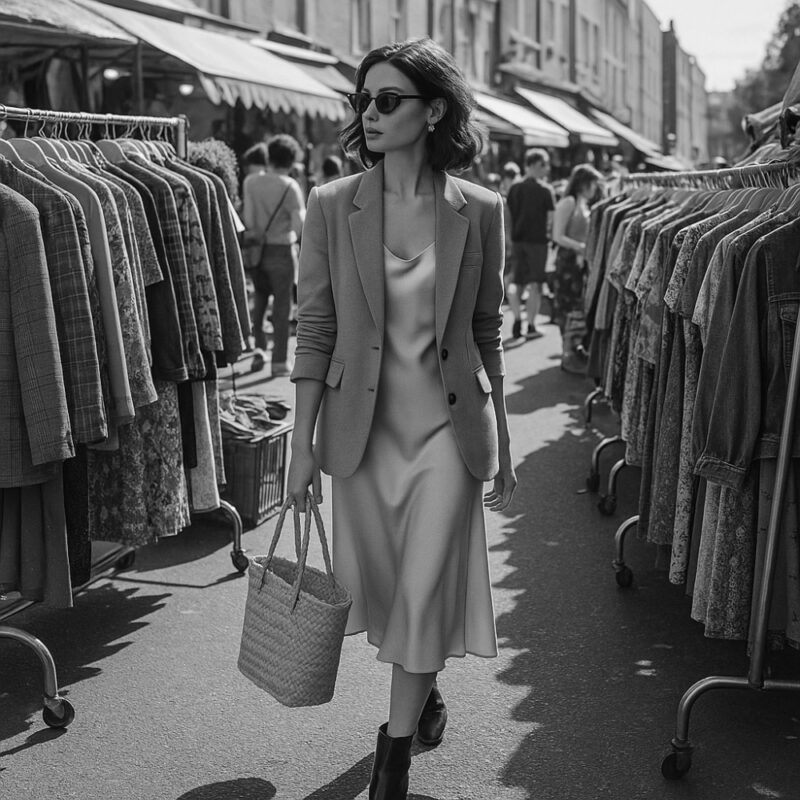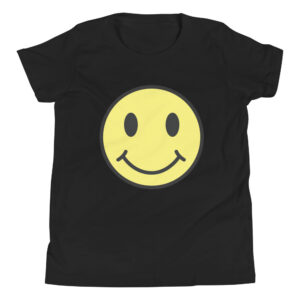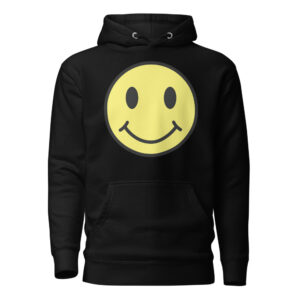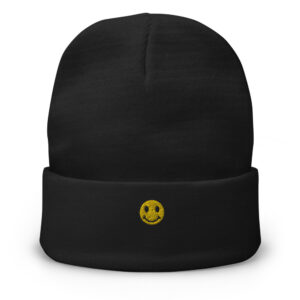-
×
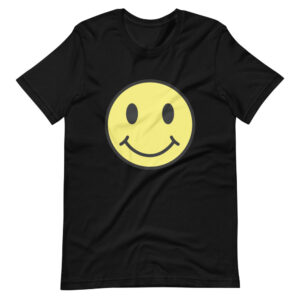 Have a Nice Day T-Shirt
1 × $111.00
Have a Nice Day T-Shirt
1 × $111.00
Where Old Meets New in Style
Vintage fashion trends are more than a nostalgic nod to the past. They have become a driving force in shaping how people dress today, blending timeless details with contemporary styling. By exploring vintage markets, shoppers discover unique pieces that influence mainstream wardrobes and inspire designers around the world.
Why Vintage Fashion Trends Keep Returning
Fashion has always been cyclical, and vintage fashion trends prove that history repeats itself in style. Oversized blazers, wide-leg trousers, and silk slips are making comebacks because they carry both elegance and versatility. These pieces allow individuals to play with proportions, textures, and layers while staying true to personal taste.
The appeal goes beyond aesthetics. Wearing vintage offers a sense of individuality in an age where mass production dominates. A vintage jacket or pair of denim tells a story and brings a character that newly manufactured items often lack. This emotional connection is one reason vintage continues to thrive.
Vintage Fashion Trends in Modern Markets
Vintage markets are at the heart of this revival. Beyond offering affordable alternatives to fast fashion, they serve as creative playgrounds where people experiment with fashion in ways that feel original. Streetwear lovers mix retro sportswear with modern sneakers, while others rework bohemian dresses into everyday staples. The result is a fresh mix that keeps style dynamic.
Markets also encourage discovery. Unlike browsing online catalogs, hunting through racks of retro clothing provides a tactile, adventurous experience. Finding that one-of-a-kind leather jacket or seventies maxi dress feels like striking gold, giving wearers a stronger connection to their wardrobes.
Designers Drawing on Vintage Fashion Trends
Fashion houses have long borrowed from earlier decades, but the current demand for vintage is reshaping how designers create collections. Runways showcase nods to the seventies with flared denim, while nineties minimalism influences sharp tailoring and monochrome palettes. By weaving vintage fashion trends into new designs, brands achieve a balance between nostalgia and modernity.
This inspiration isn’t limited to luxury. High-street retailers also borrow from past silhouettes, from slip dresses reimagined for daywear to cropped cardigans reminiscent of the early 2000s. The influence trickles down, making vintage-inspired looks accessible to a wider audience.
Sustainability Driving Vintage Fashion Choices
Another reason vintage markets thrive is the growing awareness of sustainability. Choosing pre-loved garments reduces waste, supports circular fashion, and helps combat the environmental toll of overproduction. For many shoppers, buying vintage is both a style choice and a statement about conscious living.
The environmental benefit also adds to its emotional value. Wearing something secondhand feels like a small rebellion against disposable fashion, reinforcing the idea that clothing should last for years, not just one season.
How to Style Vintage Fashion Trends for Today
The secret to wearing vintage lies in mixing eras with current fashion. Pair a retro bomber jacket with tailored trousers, or style a lace blouse with denim for contrast. Accessories also play a role — think modern boots with a seventies dress or bold sunglasses paired with an eighties power suit. This balance ensures the look feels current rather than costume-like.
Another styling tip is to let one vintage piece take the spotlight. A statement coat or handbag can transform an otherwise minimalist outfit. This method keeps the look polished without overwhelming it with too many references to the past.
A Future Rooted in the Past
As trends continue to evolve, vintage will remain a source of inspiration. Its ability to blend individuality, sustainability, and timeless style ensures it will always find relevance in modern wardrobes. Shoppers who embrace vintage fashion trends are not only curating personal style but also shaping what comes next.


